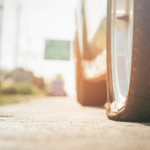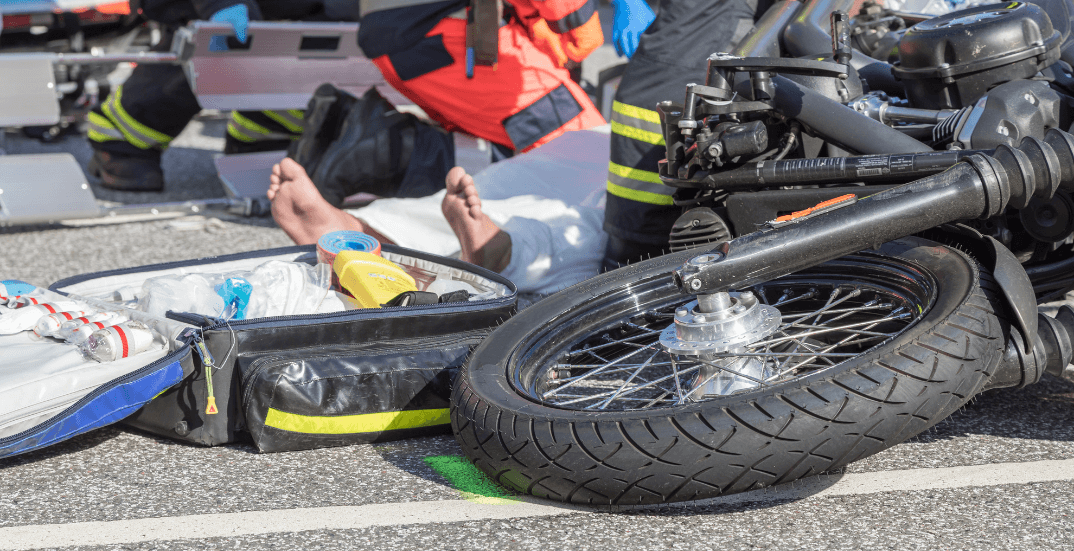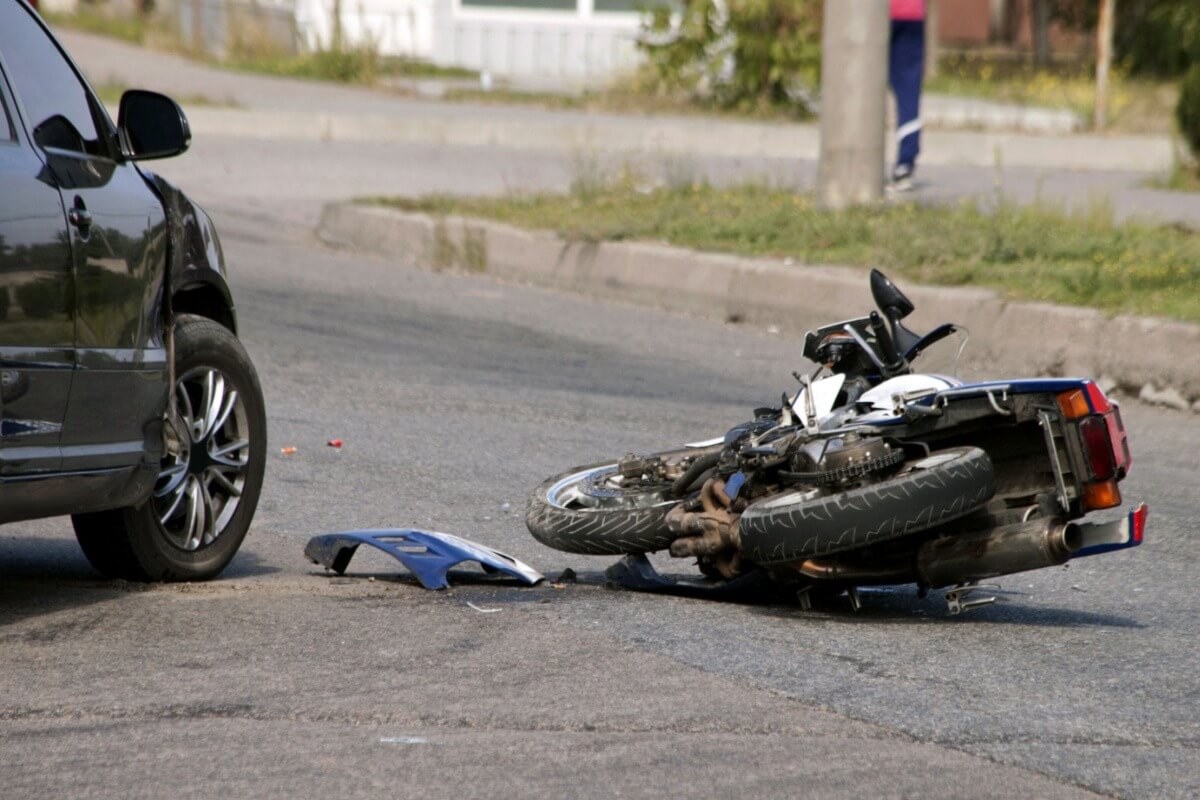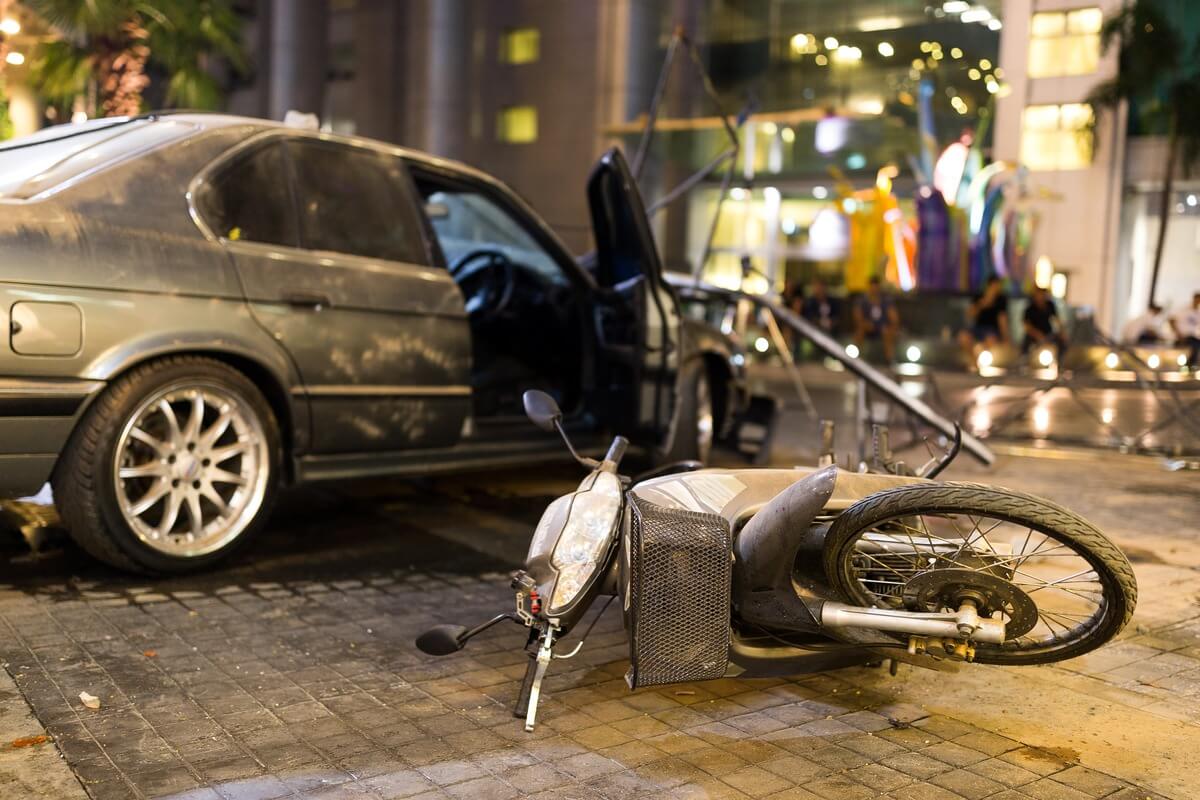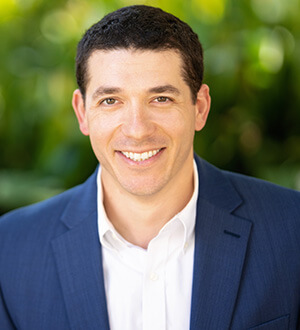
Associate at AKD Lawyers
Practice Areas: Personal Injury, Property Damage, Insurance Bad Faith Claims, Breaches of Contracts, Employer-Employee Disputes
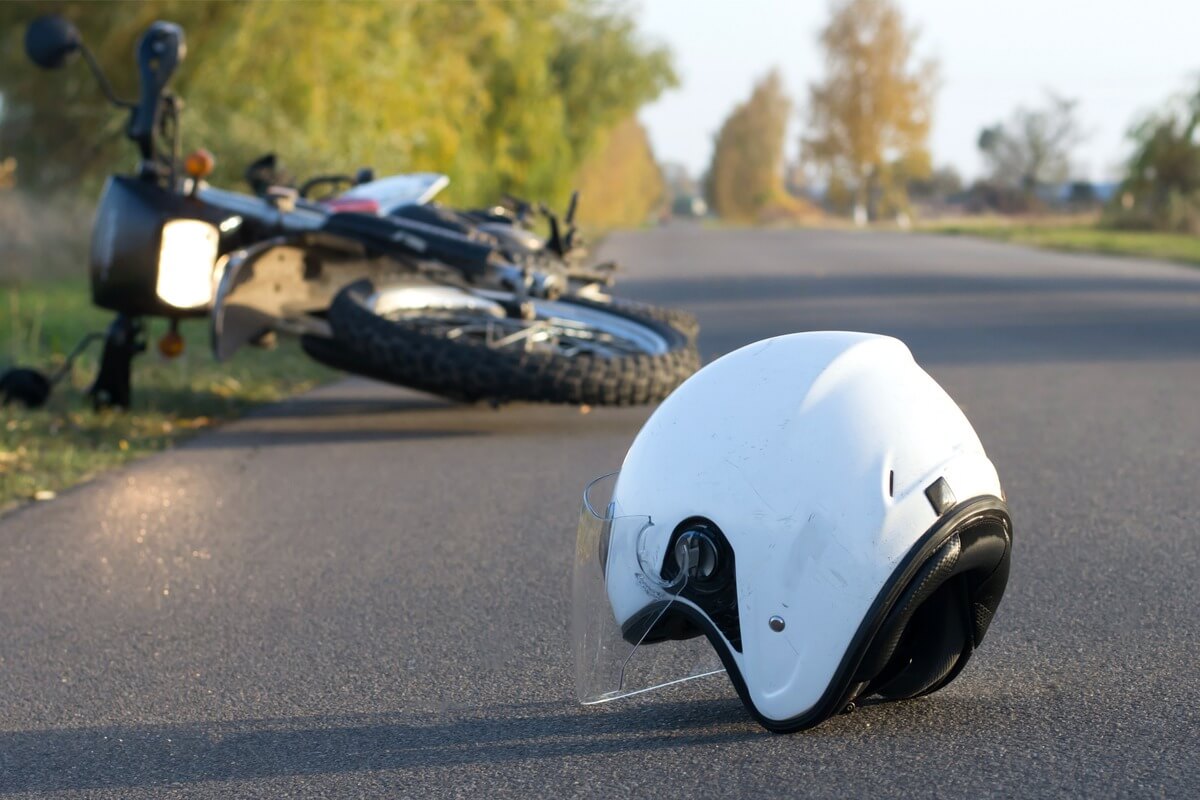
When a motorcycle accident in Louisiana happens, people are quick to point fingers at the rider. It’s an unfair stereotype—and more importantly, it’s not how the law works. Fault in a motorcycle crash isn’t determined by bias or assumptions; it’s based on solid evidence.
The truth? Many of these accidents are actually caused by negligent drivers, poor road maintenance, or even mechanical issues—not reckless riding. If you’re being blamed after a motorcycle crash, knowing how fault is legally assigned and what rights you have under Louisiana law is critical.
Here’s what every rider needs to know to fight back against wrongful blame and protect their case.
Motorcyclists Often Face Unfair Assumptions of Fault
Motorcycles are a popular way to get around in Louisiana, with more than 101,000 registered across the state. Yet despite their popularity, riders often face unfair treatment after an accident.
There’s a public perception that motorcyclists are reckless or always speeding. Insurance adjusters and even some witnesses may assume the rider was at fault—even when the evidence says otherwise.
In over 66% of multi-vehicle crashes involving a motorcycle, the other driver violated the motorcyclist’s right-of-way. — Hurt Report, NHTSA.
This shows that many of these accidents aren’t the rider’s fault at all.
Understanding Motorcycle Accident Fault Under Louisiana Law
In Louisiana, motorcycle accident claims fall under personal injury law, which is based on the idea of negligence. Negligence means someone didn’t act as carefully as they should have, and that carelessness caused harm.
To prove negligence, four things must be shown:
- The other person owed you a duty of care.
- They failed to meet that duty.
- Their actions caused the accident.
- You suffered harm because of it.
Louisiana uses a pure comparative fault system. That means if you’re partly at fault, you can still recover compensation—but your percentage of fault will reduce your payout.
Louisiana law follows a pure comparative fault system. Even if you were partially at fault, you can still seek compensation, but your share of fault will reduce it.
This rule is essential because it prevents you from being completely barred from compensation just because someone claims you were partly to blame.
Top Causes of Motorcycle Accidents—and Who’s Really at Fault
Motorcycle accidents happen for many reasons, and not all of them are the rider’s fault. In fact, drivers in cars, trucks, and SUVs often play a significant role in these crashes.
Here are some of the most common causes:
- A car makes a left turn across a motorcyclist’s path.
- A driver changes lanes without checking blind spots.
- Someone opens a car door into a rider’s path.
- Distracted or impaired driving.
- Road hazards like potholes or loose gravel.
- Mechanical failure from poorly maintained or defective parts.
Motorcyclists are 29 times more likely to die in a crash than occupants of passenger cars. — Insurance Information Institute.
Let’s take a closer look at who might be at fault in these situations:

Common Motorcycle Crash Scenarios and Fault Distribution
| Accident Scenario | Common At-Fault Party | Reason |
| Left-turn collision | Other driver | Failed to yield while turning left |
| Dooring (car door opens on rider) | Parked vehicle driver | Negligent opening into traffic |
| Rear-end crash | Vehicle behind motorcycle | Following too closely or distracted |
| Lane splitting incident | Shared/varies (illegal in LA) | Depends on circumstances and road conditions |
| Road hazard crash | Government entity or unknown | Poor road maintenance or debris |
| Equipment failure | Manufacturer or repair shop | Defective parts or negligent repairs |
How to Prove You Weren’t at Fault After a Motorcycle Crash
Proving fault in a motorcycle accident means gathering the proper evidence. If you’re able, take photos of the scene, including damage to the motorcycle and injuries. Ask witnesses for their contact information. The police report is also an essential piece of evidence.
Other types of helpful evidence include:
- Surveillance or dashcam footage.
- Witness statements.
- Vehicle maintenance records.
- Cell phone data from the other driver.
- Toxicology reports if substance use is suspected.
- Expert accident reconstruction reports.
Helmet use is another issue that often comes up. While helmets are required by Louisiana law, not wearing one doesn’t automatically make you at fault. However, it could affect your compensation if you suffered a head injury.
What Compensation Is Available for Motorcycle Accident Victims?
After a crash, you can pursue compensation for both financial and non-financial losses.
Economic damages cover things like:
- Medical bills and ongoing treatment.
- Lost wages and future earnings.
- Property damage.
Non-economic damages are more personal:
- Pain and suffering.
- Emotional distress.
- Loss of enjoyment of life.
- Scarring or disfigurement.
Motorcyclists often suffer more severe injuries, which means their claims may be more complex but also more critical.
Why Legal Representation Makes a Difference
Motorcycle accident claims can be challenging. Insurance companies may try to shift the blame or offer low settlements, especially if they believe the public will view the rider as reckless.
An attorney familiar with motorcycle crash cases can help:
- Gather and preserve strong evidence.
- Work with experts to prove fault.
- Negotiate fair compensation.
- File a claim within the one-year deadline set by Louisiana law.
Under Louisiana law, you typically have just one year from the date of the crash to file a personal injury lawsuit.
When the stakes are high, having the proper legal support can make a big difference.
Frequently Asked Questions
Can I recover damages if I am partially at fault for my motorcycle accident?
Yes. Louisiana uses a comparative fault rule. Even if you were partly responsible, you can still recover damages. However, your compensation will be reduced based on your level of fault.
What kind of evidence helps prove I wasn’t at fault in a motorcycle crash?
Necessary evidence includes the police report, scene photos, witness accounts, dashcam footage, and expert analysis. These can help show the other party’s role in causing the accident.
Will not wearing a helmet hurt my motorcycle accident claim?
It depends. If your injuries were to your head, not wearing a helmet might reduce your compensation. But if another driver caused the crash, you may still have a strong case.
Are motorcycle accident claims handled differently than car accidents?
Yes. Motorcyclists often face bias, and their injuries are usually more severe. Claims must be carefully prepared to overcome these challenges and prove liability.
How long do I have to file a motorcycle accident claim in Louisiana?
The deadline is one year from the date of the accident. If you miss this window, you may lose the right to recover compensation.
Conclusion
Motorcyclists are not automatically at fault after an accident—despite what others might assume. Louisiana law allows riders to seek fair compensation, even if they share some of the blame. The key is proving fault clearly and responding quickly.
If you’ve been in a motorcycle crash and you’re not sure what your next step should be, consider talking with an attorney who understands the challenges riders face. A strong legal strategy can help shift the focus back to the facts and ensure your voice is heard.
For trusted legal support after a motorcycle accident, Alvendia, Kelly & Demarest Accident Injury Lawyers are here to help.
Categories

In 2003, after being dissatisfied with the quality of legal care for victims of car accidents, Roderick ‘Rico’ Alvendia sought to establish a new firm focused on providing high-quality legal services to aid injured victims and their families. J. Bart Kelly, sharing Rico’s passion for upholding justice, joined the firm later that year, and established a partnership.



